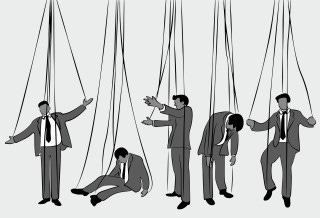
Q: Can we reconcile Stoicism with Social Justice?
A: No.
Stoicism works against the premise of social justice, which is that there are populist movements that can and must re-engineer society on the outside of the justice system and law.
I think the fairest assumptions that can be made about social justice is that there are permanent classes of people whos…
Keep reading with a 7-day free trial
Subscribe to Stoic Observations to keep reading this post and get 7 days of free access to the full post archives.




